Understanding the 150A Electronic Controller
The 150A electronic controller stands as a pivotal component in the realm of motor management, designed to regulate and direct the performance of motors across various applications. This category encompasses a range of controllers adept at handling specific current loads, with 150A referring to the maximum current capacity. Such controllers are integral in ensuring that motors operate with the required precision, catering to both speed and functional demands.
Types and Compatibility
Controllers within this category are diverse, tailored to different motor types including servo motors, Arduino units, and more generalized models. When selecting a motor speed controller, it is crucial to match the controller's specifications with the motor's requirements to achieve seamless integration. This ensures that the motor and controller communicate effectively, avoiding potential performance issues or damage.
Applications and Features
The versatility of a 150A motor controller is evident in its wide range of applications. From precision-calibrating hard drives and sound systems to managing industrial devices, these controllers adapt to various environments. Advanced models offer programmable features, allowing for customization in complex applications, such as industrial machinery or hydroponic systems. The adaptability of these controllers also extends to e-Bike repairs and adjustments, showcasing their broad utility.
Material and Design Advantages
The construction of a motor controller 150A typically involves robust materials that can withstand the electrical demands and thermal challenges posed by high currents. The design of these controllers often includes heat dissipation features to maintain performance stability and extend the lifespan of the device.
Selection Criteria
Choosing the right electronic speed controller (ESC) requires careful consideration of motor wattage, voltage ratings, and the specific type of motor in use. Controllers are available for 3-phase AC induction motors, AC synchronous, and DC synchronous motors, each designed to cater to the unique operational modes of these motor types.
Integrating Controllers in Systems
Incorporating a 150 amp controller into a motor system is a strategic move to enhance control and precision. While the selection process is critical, the right controller can significantly improve the functionality and efficiency of a motor, contributing to the overall performance of the system it serves.
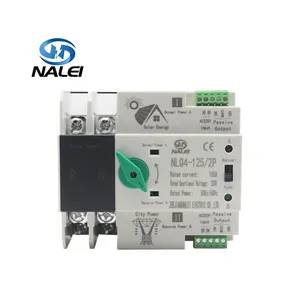












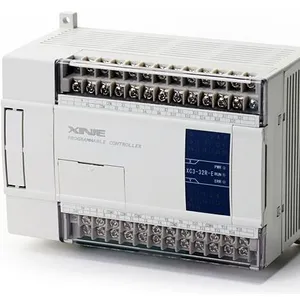



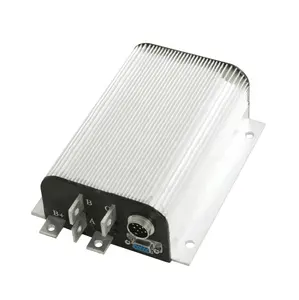
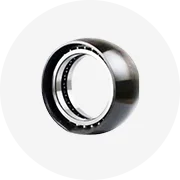

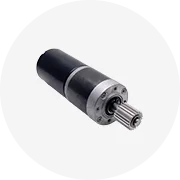


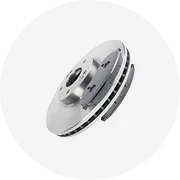










 浙公网安备 33010002000092号
浙公网安备 33010002000092号 浙B2-20120091-4
浙B2-20120091-4